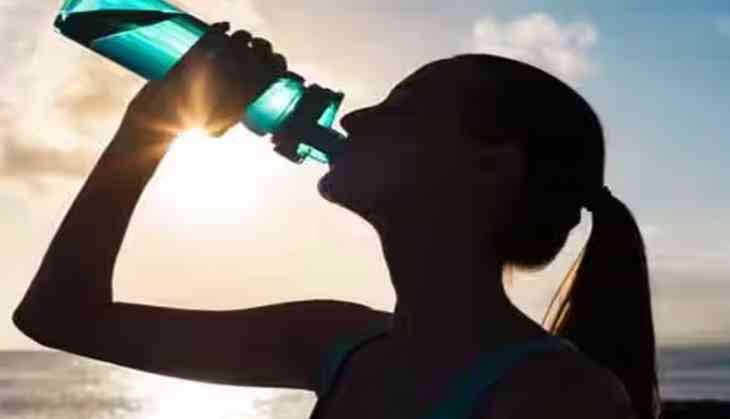Why You Should Avoid Drinking Water From Plastic Bottles: Understanding the risks to your health, environment

The convenience of plastic bottles comes at a great cost to our health and the environment. It is essential to be aware of the risks associated with consuming liquids stored in plastic bottles and with taking steps to minimize exposure.
Research has shown that drinking from plastic bottles can harm our health and the environment.
Risks to Your Health
Chemicals in Plastic Bottles: Most plastic bottles are made from a material called polyethene terephthalate (PET). This material is known to release harmful chemicals, such as bisphenol A (BPA), into the liquids stored in them. BPA has been linked to a variety of health problems, including hormone disruption, reproductive issues, and cancer.
Microplastics: Plastic bottles can also contain microplastics, tiny plastic particles that are less than 5 millimetres in size. These particles can leach into the liquids stored in plastic bottles and can be harmful if ingested. Research has shown that microplastics can accumulate in our bodies over time, leading to health problems such as inflammation, oxidative stress, and even organ damage.
Contamination: Plastic bottles can be easily contaminated, especially if they are not properly cleaned and maintained. Bacteria and other harmful microorganisms can grow in the crevices of the bottle, leading to the risk of infections and illnesses.
Dangers of Drinking Water from Plastic Bottles Purchased from Roadside
Quality Control: The water sold in plastic bottles by roadside vendors is not subject to the same rigorous quality control standards as bottled water sold in stores. This means that the water may not be safe for consumption, as it may contain harmful bacteria and other contaminants.
Unsafe Storage: Water sold by roadside vendors is often stored in large plastic containers that are exposed to sunlight and other environmental factors. This can lead to the growth of harmful microorganisms in the water.
Environmental Impact: The plastic bottles used by roadside vendors are often not recycled and end up in landfills or oceans, contributing to environmental pollution and harm to marine life.
Steps you can take
Whenever possible, choose reusable water bottles made from materials such as glass, stainless steel, or BPA-free plastic. Additionally, avoid drinking water from plastic bottles purchased from roadside vendors and opt for safer alternatives such as boiled water or water from trusted sources.

